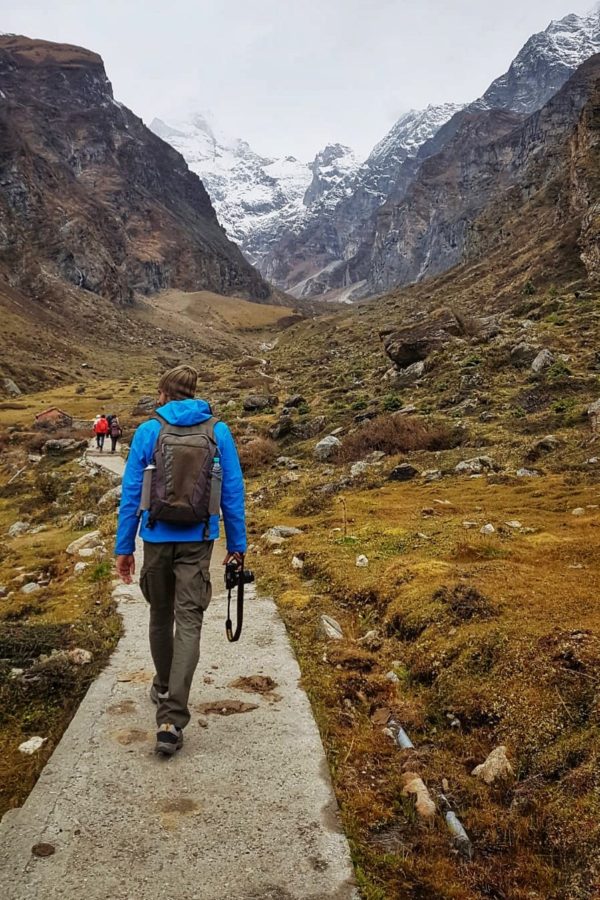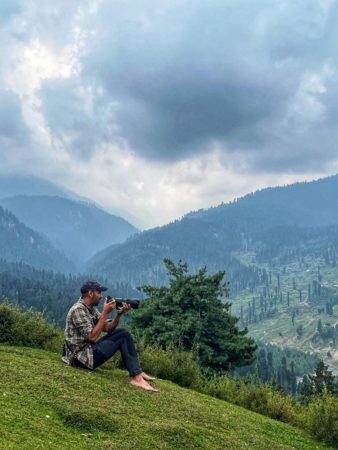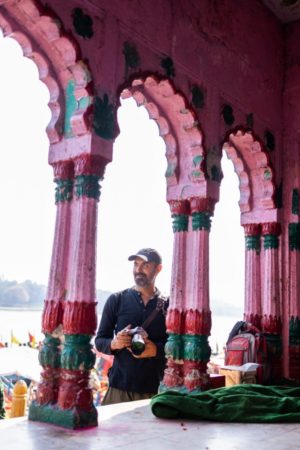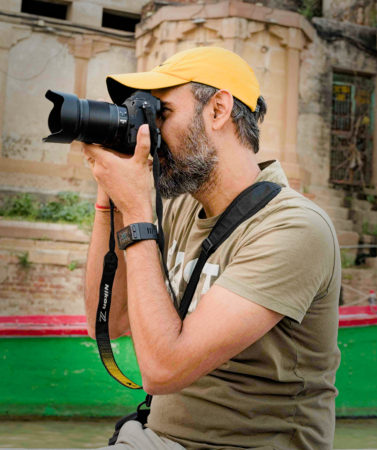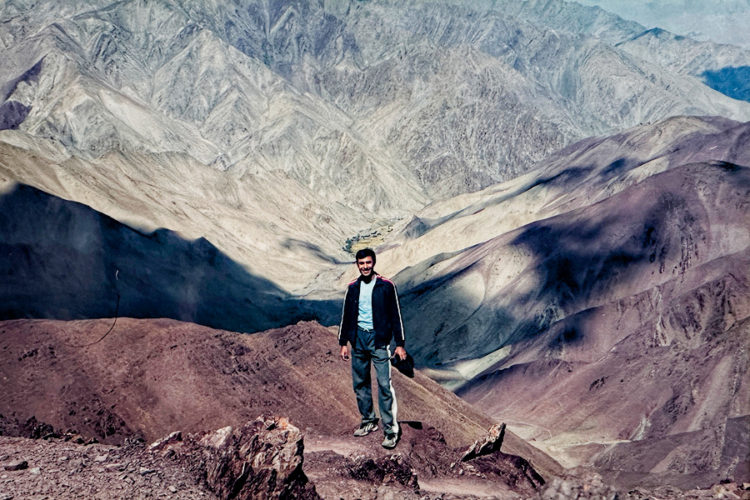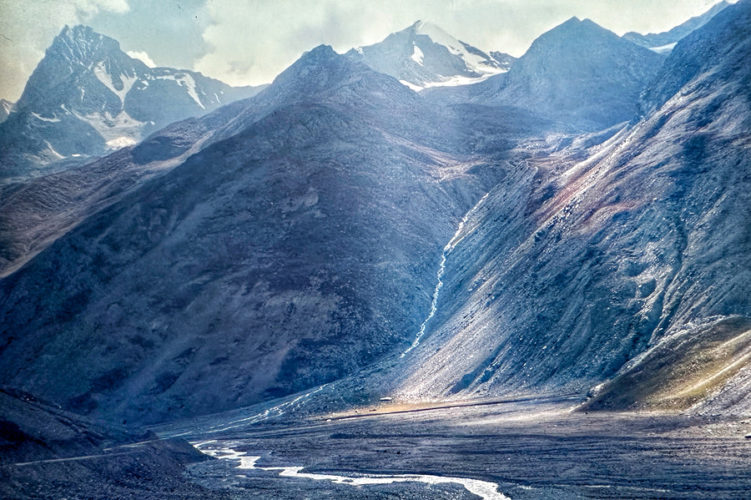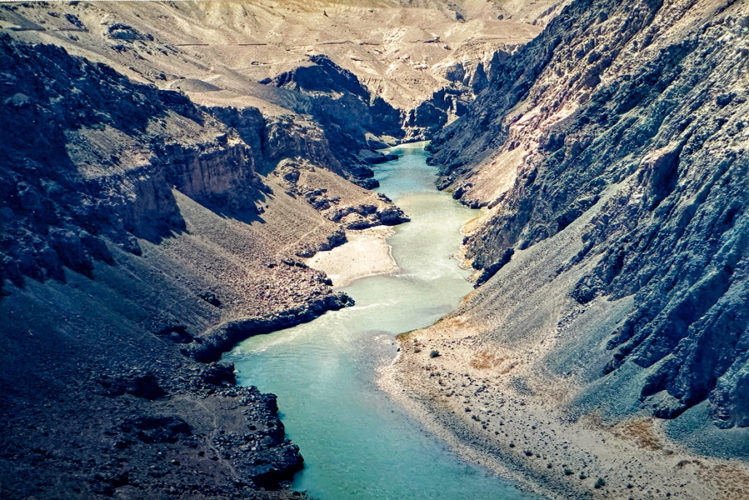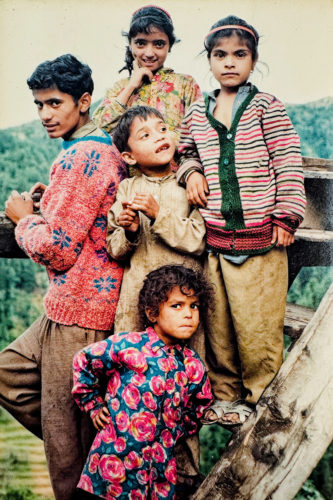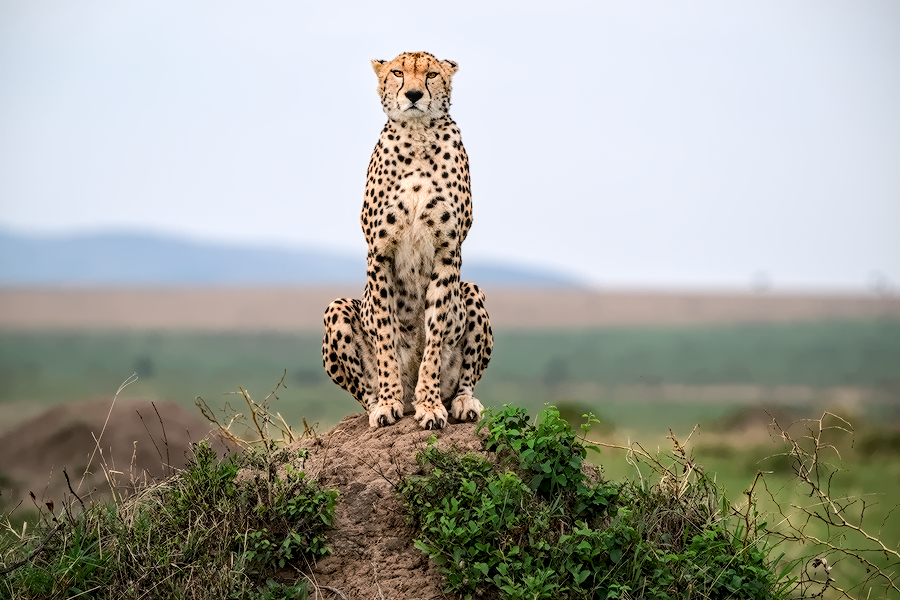From film to digital camera – a personal journey
The existence of National Camera Day (29th June) totally makes sense to me. I mean, we could also have had a World Refrigerator Day, but it just doesn’t have that same magical appeal as cameras or the obsessive fans like that of Camera. I would even be ok with a World Car Day, with all the car enthusiasts out there, but instead we have a World Car-fee Day! As I pondered on these loop-holes of the universe, I reflected on my rollercoaster relationship with the camera. After falling in love with film photography, I felt betrayed by the evolution of digital camera. I even abandoned photography and sulked for a decade, before coming back to it.
During the late 80s, my father went through a phase of being a photography enthusiast, and got home a Nikon FE. There wasn’t much happening in the world of technology then – walkman with sponge-for-headphones was peak technology, and CDs had still not overtaken cassettes. So SLR camera was truly a technological marvel for that era. My passion for photography was sparked, and I would devour any books or second hand photography magazines that I could get my hands on. I was the only ninth-class student with a strong opinion on film ISOs, and who knew the secrets of depth-of-field settings. This arcane knowledge probably made me feel unique and cool too. Good photographers were rare since the learning process with film cameras was slow – it took two weeks for the photo-prints to come back after processing to know what you got right or wrong.
Over the next decade digital cameras began replacing film cameras. Witnessing this evolution felt traumatic. Suddenly, the technical knowledge of photography seemed obsolete. Digital photography made everything effortless. How could something that yielded instantaneous results be taken seriously? With unlimited pictures wasnt the value of each image reduced? And can anything so easy even be called art?
With the Camera, through the years
On hindsight, I am grateful for the advancements in digital photography. The quality of equipment and image processing have improved drastically. Everyone’s images have become better – from the beginners, to those of the serious photographers. The professionals have even more frontiers to explore and new skills to master (like the color-theory, understanding the color-management software, pursuit of ever more dynamic shot etc). The available equipment and software allow the photographers to push the boundaries of creativity even more.
All technology evolution and paradigm shifts seem to have this same adoption cycle. I have now lived through many of them, and experienced the same set of emotional roller-coaster as well. Each cycle begins with a sense of panic, followed by resistance to change, then resignation to change, then to a gradual acceptance, then to re-learning, and finally to the exploration of the new frontiers of creativity and capabilities. I have seen this happen with adoption of computers, with the evolution of media, in the changing nature of work itself, and currently with the rise of AI such as ChatGPT.
All technology evolution and paradigm shifts seem to have this same adoption cycle.
Photographs taken with Nikon – FE, film camera
We know that ‘Change is the only constant’, then why is so hard to actually change? Probably because it disrupts our comfort zones. Technological advancements make it easier for the average person to do things that were the domain of experts earlier, and all experts feels threatened and fear redundancy. It pushes the experts to become super-experts, if they choose to evolve.
It is a simple truth, but simple does not mean easy.
Adapting to change has as much to do with letting go of old ways, as it does with embracing new ones. It is a simple truth, but simple does not mean easy. This simple principle is often the core reason why companies fail to transform, and why individuals fail to evolve and become irrelevant. So how can we learn to let-go? Well that’s a whole another blog!
